
The 7 Best Linktree Alternatives in 2024
When it comes to building an online presence, your bio is one of the most important elements. It tells people who you are, what you
Home » Marketing & Digital Marketing

When it comes to building an online presence, your bio is one of the most important elements. It tells people who you are, what you
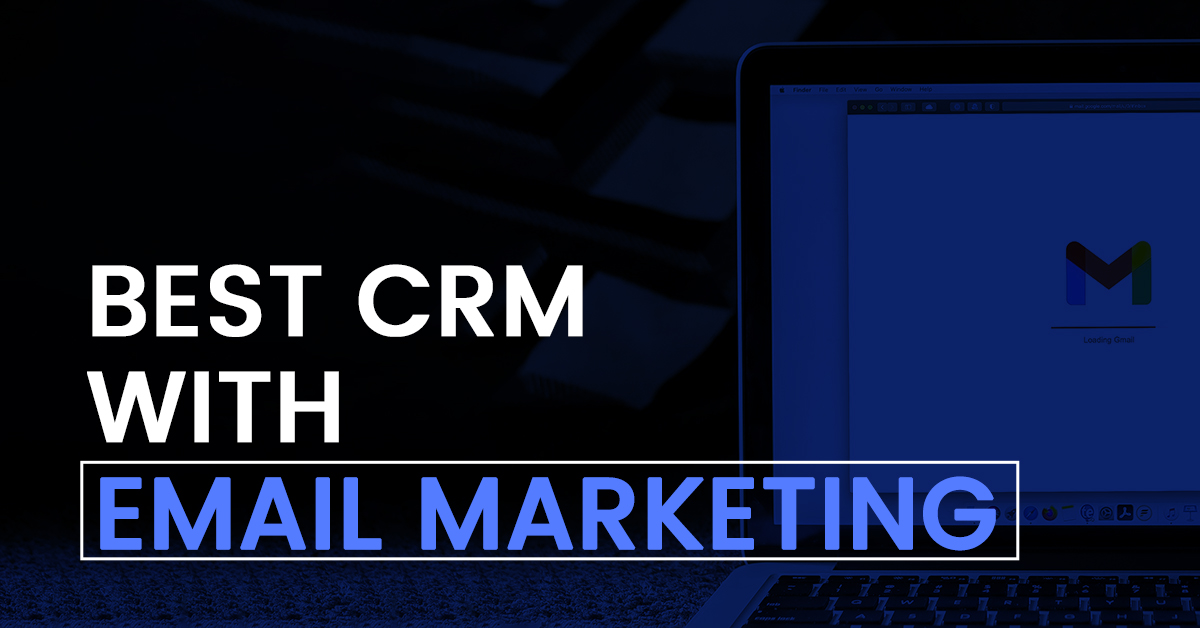
As prospects subscribe to your website, you will need to send more business broadcasted messages and provide better customer service experience. However, as your email

Are you doing academic research? Then you know that surveys are an essential part of the process. But what’s the best survey software for your
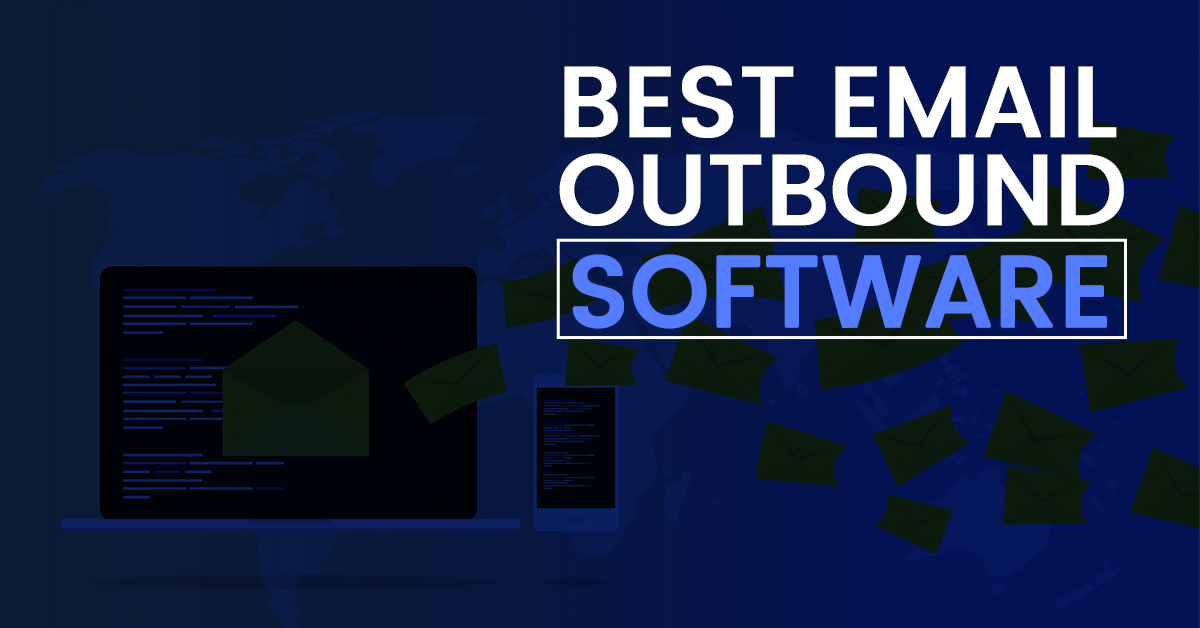
Email outbound software is a must for any business looking to improve its marketing strategy. These tools make creating and sending professional emails easy, which
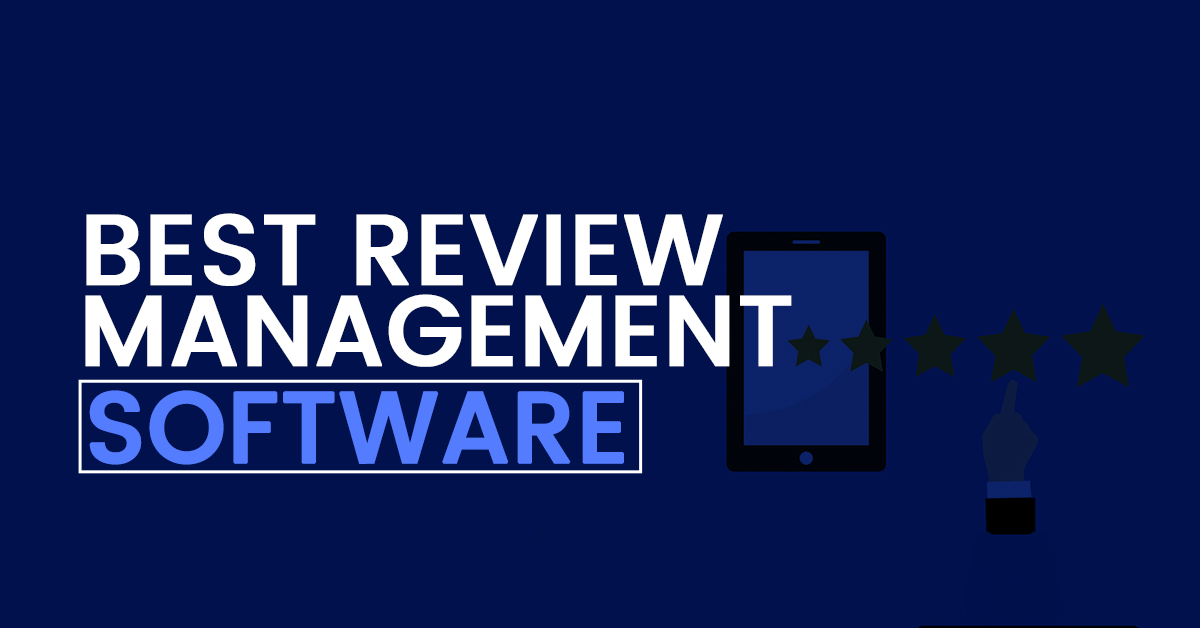
If you are a business or a brand owner, your primary concern should be how your product is perceived in the market. Nowadays, 88% of
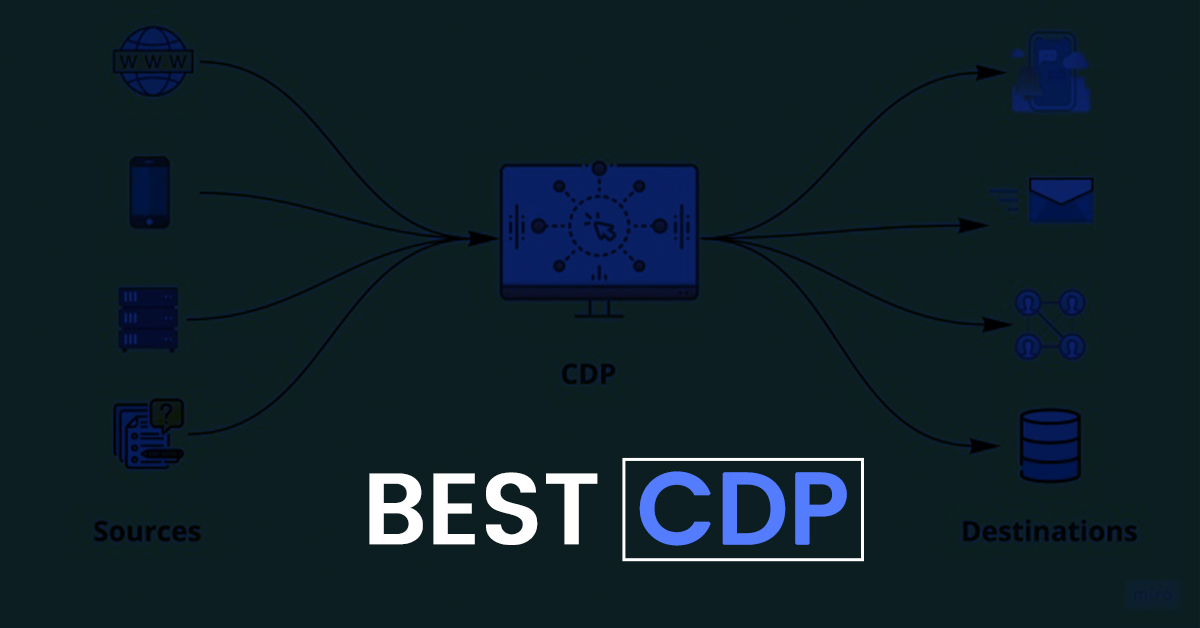
Do you want to improve your marketing strategy but don’t know where to start? A Customer Data Platform (CDP) is a great place to begin.
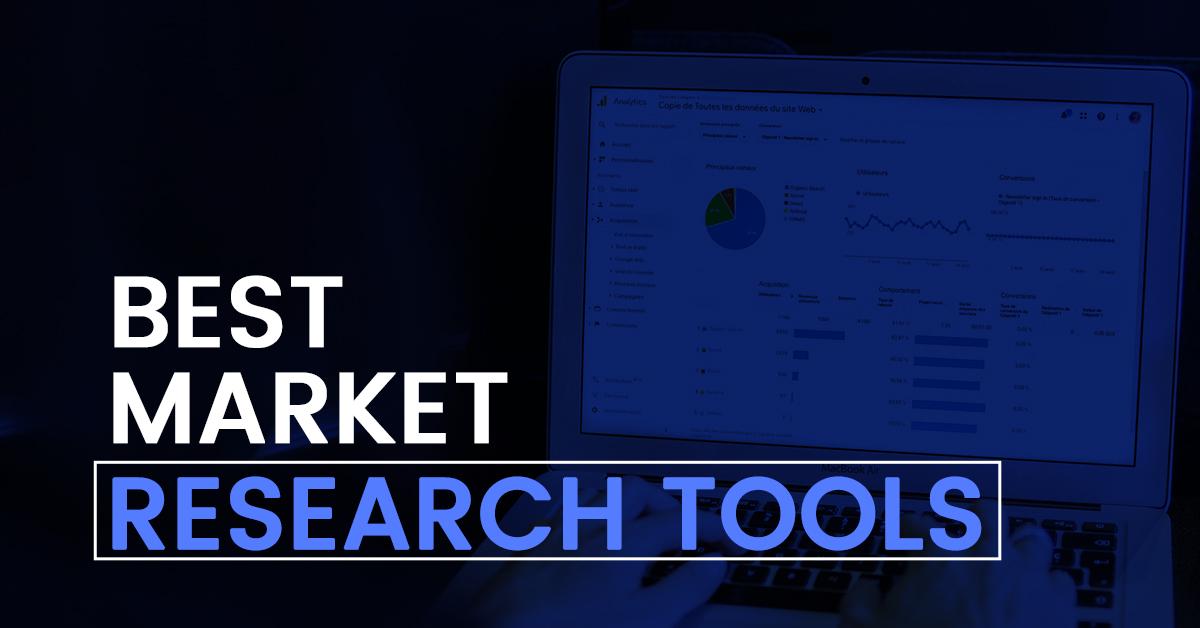
There are times when your business will launch new projects; sometimes, you will need to rebrand an existing product. How you present your product to
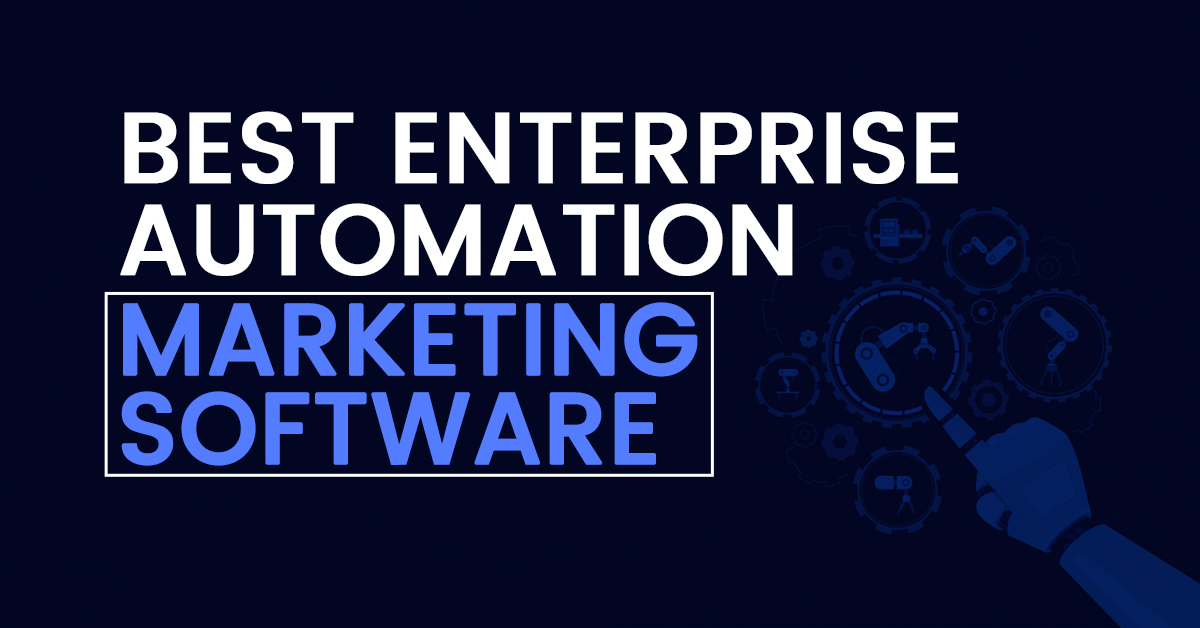
In a world that is constantly moving and evolving, it is more important than ever to have tools in place that can help you increase
Everyone publishes content on the internet needs a rank tracker tool to pinpoint which content generates high traffic and converts better revenue. You could be
Marketing and Digital Marketing Software are essential tools for businesses seeking to reach and engage with their target audiences through various online channels. These software solutions offer a range of functionalities to plan, execute, analyze, and optimize marketing campaigns effectively.
Traditional marketing software typically includes tools for managing customer databases, creating and sending out emails, tracking leads, and managing advertising campaigns. These tools help businesses streamline their marketing efforts and target specific demographics.
On the other hand, Digital Marketing Software focuses on online strategies, encompassing a broader spectrum of tools and techniques. It includes platforms for search engine optimization (SEO), social media management, content marketing, pay-per-click (PPC) advertising, analytics, and more.
These software solutions enable marketers to plan and execute digital campaigns across multiple channels, analyze performance metrics, and make data-driven decisions to improve their strategies. For instance, digital marketing tools provide insights into website traffic, engagement levels on social media platforms, conversion rates, and customer behavior.
Moreover, these tools often integrate customer relationship management (CRM) systems to track interactions and manage customer data effectively. This integration allows for personalized marketing approaches, enhancing customer experiences and retention.
Overall, Marketing and Digital Marketing Software empower businesses to create comprehensive marketing strategies, efficiently manage campaigns across various channels, and measure performance to optimize their efforts for better engagement, conversions, and overall business growth.
These tools help manage and schedule posts across different social media platforms like Facebook, Twitter, Instagram, LinkedIn, and more. They often include analytics for tracking performance and engagement metrics.
Designed to create, send, and track email campaigns efficiently. They offer features for segmenting audiences, personalized messaging, automation, and measuring campaign success through open rates, click-through rates, etc.
CMS platforms aid in creating, editing, and managing digital content. They’re essential for maintaining websites, blogs, and other digital platforms. WordPress, Drupal, and Joomla are popular examples.
These tools help optimize web content to improve search engine rankings. They include keyword research, on-page optimization, backlink analysis, and performance tracking to enhance a website’s visibility.
Critical for assessing marketing efforts, these tools gather data from various sources to generate reports and insights. They track website traffic, user behavior, conversion rates, and ROI, assisting in decision-making for future strategies.
While primarily a sales tool, CRMs are vital for marketers too. They organize customer data, track interactions, and facilitate targeted marketing campaigns based on customer behavior and preferences.
These platforms automate repetitive marketing tasks like email marketing, social media posting, lead nurturing, and more. They often integrate with CRM systems for streamlined operations.
For managing paid advertising campaigns across various channels like Google Ads, Bing Ads, social media ads, etc. They help in budget management, ad creation, targeting, and performance tracking.
These tools assist in finding, connecting with, and managing relationships with influencers who can endorse products or services to their audience.
Used to manage and coordinate marketing projects, campaigns, and tasks. They facilitate collaboration among team members, track progress, and ensure deadlines are met.
These tools help you get into the minds of your customers. They track behaviors, preferences, and trends, giving you insights that help tailor your marketing efforts directly to your audience.
From planning to execution, these tools simplify the entire campaign process. You can create, schedule, and manage marketing campaigns across various channels, all from one place.
Gone are the days of guessing. Marketing software provides you with data analytics and reports that show what’s working and what’s not. This info helps you tweak strategies for maximum impact.
By syncing up with CRM systems, marketing software helps maintain and grow customer relationships. It allows for targeted marketing based on customer behaviors and interactions.
Repetitive tasks? Let the software handle it. Marketing automation streamlines workflows, handling tasks like email marketing, social media posting, and even ad placements automatically.
You want to know if your efforts are paying off, right? Marketing software tracks your return on investment (ROI) so you can see the impact of each marketing dollar spent.
Tailoring messages and content to specific audiences is key. Marketing software enables personalized experiences, increasing engagement and conversion rates.
These tools often keep you in the loop with industry trends and best practices. You’ll be ahead of the game when it comes to adopting new strategies and technologies.
When used well, marketing software can be a cost-effective solution. It reduces manual labor, minimizes errors, and maximizes results, making each marketing buck count.
Digital marketing software encourages teamwork by allowing teams to collaborate, share insights, and work together on campaigns seamlessly.
Marketing software isn’t just about making things easier; it’s about making them smarter. It sharpens your strategies, connects you better with your audience, and helps your business thrive in the competitive digital landscape.
When diving into marketing tools, there’s usually an upfront cost. This can include licensing fees for software or platforms, which might be a one-time payment or a recurring subscription.
Sometimes, the base package isn’t enough. Extra features or customizations could come with additional costs. These could be functionalities tailored to specific needs or integrations with other tools.
Getting the team up to speed with new software often involves training sessions or onboarding programs. These may incur additional costs, especially if there’s a need for specialized training.
Many digital marketing tools operate on a subscription basis, paid either monthly or annually. Some tools might charge based on usage or the number of users accessing the platform.
Software needs updates to stay relevant and secure. Depending on the provider, these updates might come as part of the subscription or could be an extra cost. Maintenance fees might also apply for ongoing support.
Be on the lookout for hidden costs like overage fees for exceeding usage limits, fees for customer support beyond a certain level, or costs associated with scaling up as your business grows.
Consider the potential return on investment. While some tools may seem expensive initially, they could bring in more revenue or save time and resources in the long run, making them worth the cost.
It’s essential to compare different software options based on features, support, scalability, and cost. Sometimes, a slightly higher-priced tool might offer more value or better suit your specific needs.
Align your software expenses with your overall budget. Ensure that the investment in marketing software doesn’t excessively strain other crucial areas of the business.
Periodically reviewing the effectiveness of the software against its cost is vital. If it’s not providing the expected value, it might be time to explore other options or renegotiate terms.
HubSpot is an all-in-one inbound marketing platform that offers tools for marketing, sales, and customer service. It includes features for email marketing, CRM, social media management, and content creation.
Mailchimp is a widely-used email marketing platform known for its user-friendly interface. It allows businesses to create email campaigns, build landing pages, and automate marketing processes.
Adobe’s suite of marketing tools includes Adobe Campaign for email marketing, Adobe Analytics for data analysis, and Adobe Experience Manager for content management, catering to enterprise-level marketing needs.
Hootsuite is a social media management platform that enables users to schedule posts, engage with their audience, and analyze social media performance across multiple platforms.
SEMrush is an SEO and competitive research tool that helps businesses improve their online visibility. It offers features for keyword research, site audit, backlink analysis, and tracking competitors’ strategies.
Buffer is a social media management tool that simplifies scheduling and publishing posts across various social media platforms. It also provides analytics to measure the performance of social media campaigns.
Sprout Social combines social media management with analytics and engagement tools. It helps businesses in scheduling content, monitoring brand mentions, and analyzing social media performance.
Salesforce’s Marketing Cloud offers a suite of tools for personalized marketing campaigns across multiple channels. It includes email marketing, social media advertising, and customer journey mapping.
Moz offers SEO software that includes features for keyword research, site audits, rank tracking, and backlink analysis. It helps businesses improve their search engine rankings and online visibility.
| Feature | Description |
| Email Marketing | Create, send, and track email campaigns to engage and nurture leads. |
| Social Media Management | Manage multiple social media platforms, schedule posts, and analyze performance metrics. |
| SEO Optimization | Tools to improve website ranking on search engines through keyword analysis, backlink tracking, and site audits. |
| Content Management | Organize, publish, and manage content across various channels, ensuring consistency and relevancy. |
| Analytics & Reporting | Track and analyze campaign performance, user behavior, and ROI through comprehensive reporting tools. |
| CRM Integration | Seamlessly integrate with Customer Relationship Management systems for better lead management and nurturing. |
| Marketing Automation | Automate repetitive tasks, such as lead nurturing, campaign scheduling, and personalized messaging. |
| A/B Testing | Conduct experiments to compare variations of campaigns, landing pages, or emails to optimize for better results. |
| PPC Advertising | Manage and optimize Pay-Per-Click advertising campaigns across platforms like Google Ads and Bing Ads. |
| Mobile Marketing | Create and manage campaigns specifically tailored for mobile devices, including SMS marketing and in-app ads. |
| Marketing Software | Digital Marketing Software | Description |
| HubSpot | Google Analytics | Integrates HubSpot’s marketing automation with Google Analytics for tracking and analyzing website traffic, conversions, and user behavior. |
| Salesforce Marketing Cloud | Facebook Ads Manager | Connects Salesforce Marketing Cloud with Facebook Ads Manager to create targeted ad campaigns and manage audience data for better ad performance. |
| Mailchimp | WooCommerce | Integrates Mailchimp’s email marketing capabilities with WooCommerce’s e-commerce platform, allowing businesses to send targeted emails to customers based on their purchase behavior. |
| Adobe Campaign | Salesforce CRM | Links Adobe Campaign’s marketing automation features with Salesforce CRM to synchronize customer data, automate marketing campaigns, and track interactions across platforms. |
| Marketo | Integrates Marketo’s marketing automation tools with LinkedIn for targeted advertising, lead generation, and personalized marketing campaigns on the professional networking platform. | |
| Google Ads | Shopify | Connects Google Ads with Shopify to track ad performance, conversions, and sales data, enabling businesses to optimize their advertising strategies based on e-commerce metrics. |
Sometimes, these tools can be pretty intricate. They might have loads of features, which is fantastic, but it can also mean a steep learning curve. Getting the hang of all the functions might take time and effort.
Not all software plays nice with each other. When you’ve got multiple tools for different marketing purposes, making them work together seamlessly can be a headache. Sometimes, they just won’t sync up as smoothly as you’d hope.
Data is great, but too much of it without a clear idea of what to do with it can lead to analysis paralysis. Marketing tools often generate tons of data, and sorting through it to find meaningful insights can be overwhelming.
Many digital marketing tools operate on subscription models or have tiered pricing based on usage. While they can offer incredible value, if you’re not careful, the costs can escalate, especially when you start adding multiple tools to your stack.
Software needs maintenance, updates, and sometimes troubleshooting. This can eat up time and resources, especially if the software encounters bugs or glitches.
Getting prompt and effective support when you’re facing issues is crucial. However, not all software providers offer top-notch customer support, which can be frustrating when you’re in a jam.
Given that these tools deal with a lot of data, there’s always the risk of security breaches or data leaks. Ensuring the software has robust security measures in place is crucial to safeguard sensitive information.
Sometimes, tools might not align perfectly with your marketing strategy or goals. Investing in software that doesn’t complement your overarching strategy can lead to inefficiencies and wasted resources.
Personalized marketing isn’t new, but it’s evolving. AI and machine learning are making it easier to customize experiences at scale. Marketers are diving deep into data to understand consumer behavior, tailoring messages and content for individual preferences.
Video content continues to rule. Short-form videos, live streams, and interactive content are capturing attention. Tools that simplify video creation and enhance interactivity are in demand.
As voice assistants gain popularity, optimizing content for voice search is crucial. Marketers are adapting their strategies to align with how people speak, changing keyword strategies and content structure.
AI isn’t just for personalization; it’s revolutionizing analytics. Predictive analytics and AI-powered tools are helping marketers forecast trends, understand customer behavior, and make data-driven decisions.
Consumers are increasingly valuing sustainability. Marketing tools that help showcase eco-friendly practices and support ethical brands are gaining traction.
Marketers seek tools that unify data across various channels for a seamless customer journey. Integration across social media, email, web, and mobile platforms is key.
CX is a priority. Software that maps customer journeys, automates personalized interactions, and provides real-time support is in demand.
With growing concerns about data privacy, tools that ensure compliance with regulations and prioritize user data protection are crucial.
Engagement is king. Tools that facilitate interactive content creation, such as quizzes, polls, and interactive ads, are becoming essential for captivating audiences.
AR and VR are transforming digital experiences. Marketers are exploring ways to integrate these technologies into campaigns for immersive storytelling and product showcasing.
CRM systems store customer data and interactions, helping businesses manage relationships effectively. They track leads, manage sales pipelines, and nurture customer connections.
These tools manage email campaigns, sending newsletters, promotions, and updates to targeted audiences. They often track open rates, click-throughs, and subscriber engagement.
For handling multiple social media accounts, scheduling posts, and analyzing engagement metrics. They streamline the process of managing various platforms.
CMS platforms create, manage, and publish digital content like blogs, articles, and web pages. They allow easy editing and organizing of content for websites.
Tools that collect and analyze data to measure marketing performance. They track website traffic, user behavior, campaign success, and ROI (Return on Investment).
SEO tools help optimize website content to rank higher in search engine results. They suggest keywords, analyze website performance, and track search trends.
These platforms allow businesses to create targeted ads and pay each time their ad is clicked. Examples include Google Ads and social media advertising platforms.
These tools automate repetitive marketing tasks, like sending emails based on triggers or managing social media posts, saving time and improving efficiency.
Platforms that connect businesses with influencers for collaborations, endorsements, and sponsored content to reach a wider audience.
Tools focused on improving website performance to increase the percentage of visitors who complete desired actions, like making a purchase or signing up for a newsletter.
Frequently Asked Questions on Marketing & Digital Marketing Software